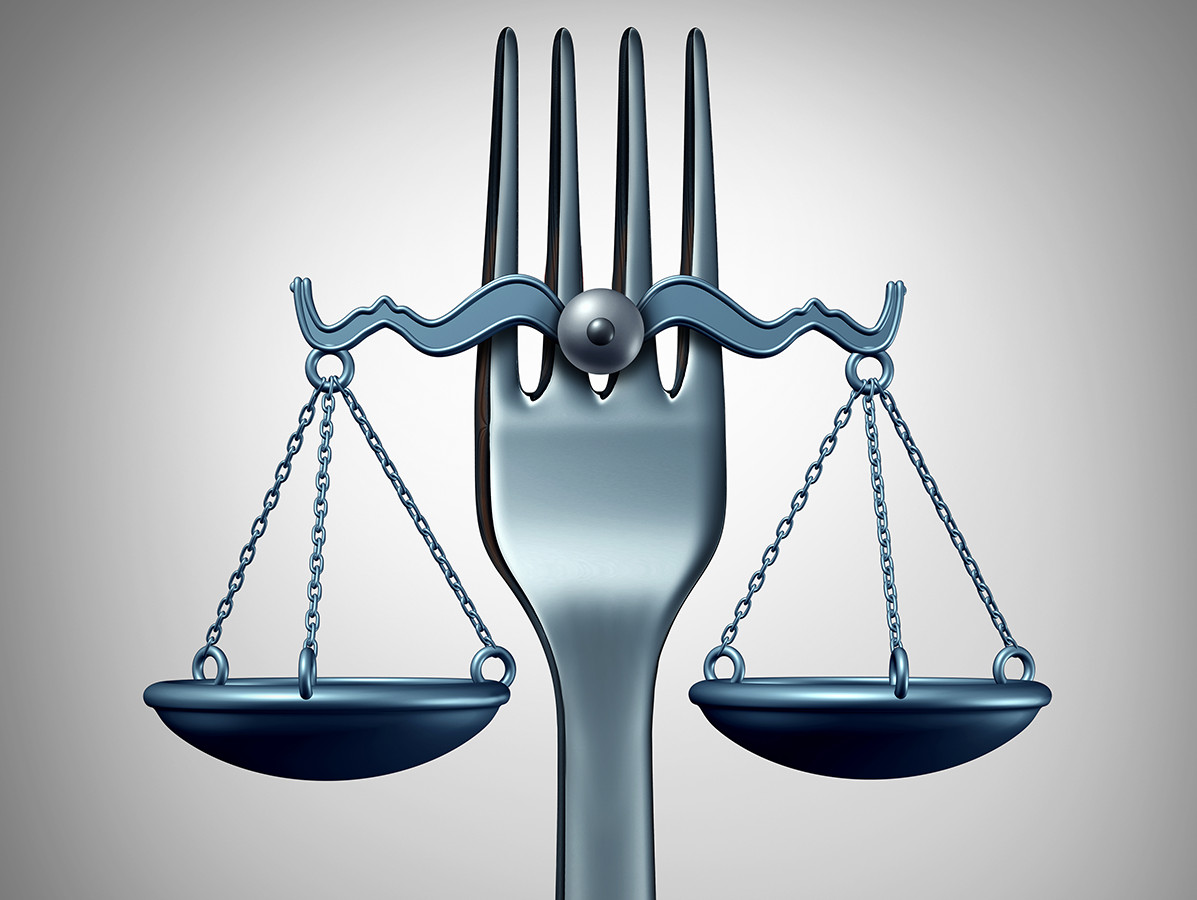
The growing demand for plant-based products, alternative protein sources and a more sustainable food system inevitably goes hand in hand with new and adapted legislation, also with regard to food labelling. In this article we discuss some of these legislative processes.
It has been known for some time that no dairy product names may be used for plant-based substitutes for traditional dairy products. Names such as 'milk', 'cheese' and 'yoghurt' are indeed only reserved for "products derived from the mammary glands of an animal" (1). According to the Court of Justice, this is true even if those terms are supplemented by explanatory or descriptive information indicating the vegetable origin of the product concerned (2). Until now, this has separated traditional dairy products from purely vegetable dairy substitutes.
However, Europe seems to want to go a step further. On 23 October 2020, the European Parliament agreed to a new set of (more restrictive) rules, known as Amendment 171, with the aim of prohibiting the comparison of vegetable substitutes with dairy products. As a result, claims such as "cheese substitute", "contains no milk" or "butter substitute" would no longer be allowed on the packaging of (pure) plant-based dairy products. Moreover, the amendment would even prohibit producers of, for example, oat milk or vegan yoghurt from using similar packaging, such as yoghurt pots or milk cartons.
In the run-up to the meeting of the Council of the European Union on the draft law, a strong opposing view also emerged. For example, various parties are of the opinion that this amendment does not fit in the 'Farm to Fork Strategy' of the European Union (more on this later on in this article). It is not yet possible to say with certainty whether such opposing views will lead to the desired result. At the time of writing, it is not yet known whether the Council will agree to this Amendment.
In that context, it is interesting that any amendments will no longer have direct effect in the UK and additional restrictions will therefore not apply there. Of course, they will still apply to British producers, that export to the European Union. This could lead to a situation where labelling requirements for non-dairy products in the EU are more restrictive than in the UK. Producers will therefore need to consider how this will affect their labelling and packaging strategies, for example whether they take a different approach to different markets.
The so-called 'Farm to Fork' strategy is at the heart of the recent European Green Deal, which aims to make food systems fair, healthy and environmentally friendly. The underlying idea is that current food systems cannot withstand crises such as the Covid-19 pandemic if they are not designed sustainably. Therefore, food systems will have to be redesigned. In this context, the European Commission will come up with a proposal for a mandatory label on food packaging and a framework for sustainability labelling, focusing on the nutritional value and the climate, environmental and social effects. The Minister of Agriculture, Nature and Food Quality stated in her letter to parliament that the Netherlands supports the approach of the European Commission and "is pleased that more attention is being paid to consumer information on food products". The Netherlands is also working on the introduction of a food choice logo, Nutri-Score. (3).
On 1 January 2022, the new EU organic regulation (4) will enter into force. The scope of the regulation will be expanded: in addition to products of agricultural origin, products related to agriculture (such as cork, salt, cotton and wool) will also be included in the new regulation. Businesses involved in the activities of organic products also fall within the scope of the new regulation. This concerns those businesses that work 'on' the product, for example during preparation and processing. Changes will also follow for the production and processing of organic products. For example, the European Commission will draw up a list of cleaning agents to be used in the production and there will be more requirements for the traceability of organic products and the ingredients used.
The NVWA recently published the 'Manual of Nutrition and Health Claims'. The manual includes an overview of the legal obligations when using nutrition and/or health claims and step-by-step plans for determining whether a nutrition or health claim is permitted. In addition, there is attention for the enforcement of the NVWA, and it contains many examples and practical tips. The handbook can be consulted via the site of the NVWA.
The European Commission published the Food Labelling Information System (FLIS) on 22 December 2020. This food labelling information system offers a user-friendly IT solution that allows users to automatically retrieve the mandatory labelling statements of 87 different categories of food in 23 European languages. The system also provides links to the relevant legal provisions and existing guidelines. Please note that FLIS serves as a documentation tool only. The authentic versions of the relevant European Directives - and the resulting decisions - are legally binding.
1. Article 78(2) of and annex VII, part III to Regulation (EU) No 1308/2013 of the European Parliament and of the Council of 17 December 2013.
2. Court of Justice of the European Union 14 June 2017, ECLI:EU:C2017:458, (TofuTown.com).
3. Parliamentary Papers II 2020/21, 21501-32, 1268 (Parliamentary Letter).
4. Regulation (EU) 2018/848 of the European Parliament and of the Council of 30 May 2018 on organic production and labelling of organic products and repealing Council Regulation (EC) No 834/2007.
Photo: ©Lightspring/Shutterstock.com
Source: Vakblad Voedingsindustrie 2021